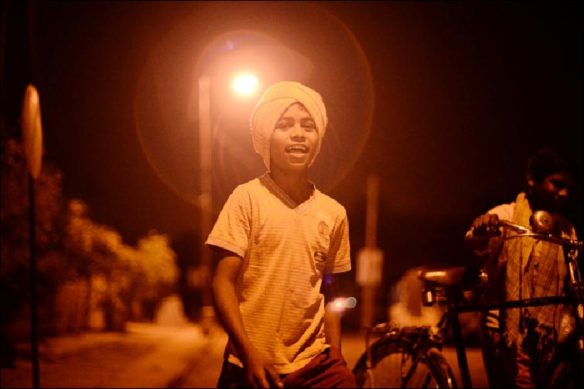Review of the National Policy for Children 2013
Posted on February 09, 2019
January 4th, 2019.
Review of the National Policy for Children 2013
The Concerned for Working Children’s undertook the review of the National Policy for Children, 2013, from a ‘child rights’ perspective, and submitted it to the National Commission for the Protection of Child Rights.
The process of reviewing the National Policy for Children 2013 must imbibe in its spirit a comprehensive review of recent relevant national and state policies, including The Karnataka State Child Protection Policy2016, which state upfront the non-negotiable principles as well as the structural and micro contexts that will strengthen actioning of the policy.
As a member of the drafting committee of the Karnataka State Child Protection Policy, CWC requests the Ministry of Women and Child Development to take serious note of both the content of the policy, as well as the extensive consultative processes, which were followed prior to the development of both these documents. Most importantly, over 1000 children from across the state of Karnataka were consulted for their inputs and suggestions.
You can find the copy of the Karnataka State Child Protection Policy along with the Operational Guidelines and Procedures for Educational Institutions under the policy here: http://dwcd.kar.nic.in:8080/…/Children%20P rotection%20Polic…
You can find more details with regard to CWC’s stance with respect to the policy here: http://www.concernedforworkingchildren.org /…/educ…/advocacy/
Overall, the National Policy for Children 2013 has had a lukewarm approach towards the right to participation, as it is mostly framed in an isolated and fragmented manner. Right to participation, which gives effect to the right to self-determination of children, is very much organically integrated with the right to protection and right to provision of the children. By deemphasizing on right to participation, the NCP 2013 is very much on the collision mode with the fundamental principles of the UNCRC including indivisibility and inalienability of rights, the best interest of children etc.
The complaint mechanism in draft policy enforcement has only been explained in terms of monitoring, there is no mention of a complaint mechanism for children to hold duty bearers accountable. A bottom-up complaint and accountability mechanism must be in built-in policy. It should be developed in a manner that ensures easy and speedy accessibility for children in a child-friendly manner. With this, it must also incorporate the path of escalation which should be set keeping in mind the principle of conflict of interest.
The National Policy for Children 2013 has attributed very little focus to community participation in enforcement, monitoring and implementation of various laws related to children. It fails to recognise the efficacy of existing best participatory practices and operational mechanisms at the community level and is sluggish in its attempt to revive, strengthen, replicate and use existing community participatory spaces such as Makkala (Children) gram sabha, task force, watchdog committee etc.
Comments related to Structure of Policy: The structural template of The National Policy for Children 2013is not holistic, as it does not include all components of the policy. In order to make it inclusive, the following policy framework is suggested:
The first segment should include the revisiting of the policy commitment related to children at state, national and global level for example; The Karnataka State Child Protection Policy & Karnataka State Child Protection Guidelines for Educational Institutions 2016,UNCRC 1989, MDG, National policy for the children 2013, Constitutional provisions like Art.21A, Right to education act 20 09, POCSO etc. This will give us insights to understand the gaps in existing policy and in its implementation.
The second part should include the context of a policy framework which should cover the introduction, definition of related terminology, contextual understanding of children, current policy framework etc.
The third chapter should include the key guiding principles for current policy that covers the best interest of children, participation and inclusiveness, non-discrimination with affirmative action, non-judgmental, pro-socio-economic marginalized children etc.
The fourth chapter should contain the statement of the problem and broad areas of issues faced by children. In addition, it should clearly state the objective of framing the current policy.
The fifth chapter should include the recommendation to address the challenges, by designing a system of preventive and preemptive action, actual redressal of issues by setting up of an efficient data management system, strengthening the mechanism of coordination of inter and intrastate government departments at various levels, effective system of implementation and enforcement, creation of a participatory system that redresses the protection, participation, provision related issues affecting the children, strengthening the system of monitoring and course correction, setting up an effective system of complaint mechanism, accountability and path to escalation etc.
To read the complete submission by CWC, click here: Review of the National Policy for Children 2013-The_Concerned_For_Working_Children


